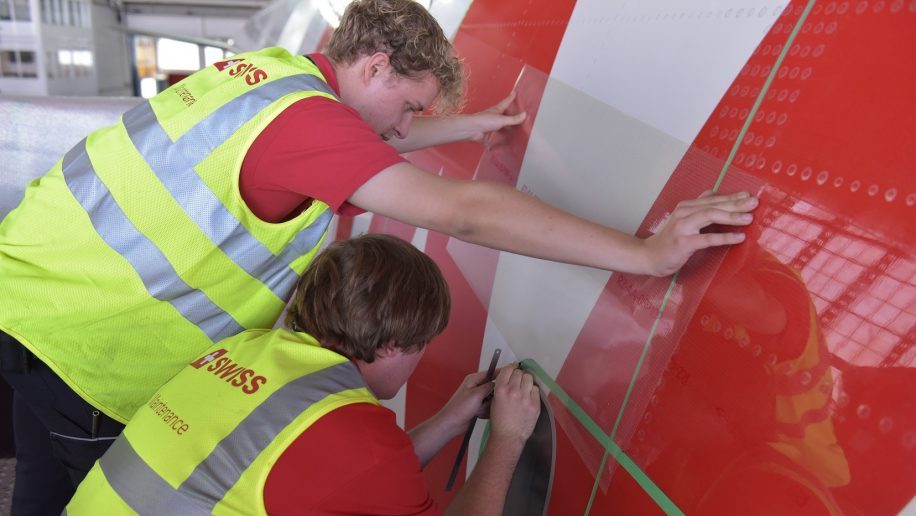A team of international scientists have made a breakthrough in the fight against plastic pollution by developing a biodegradable material. Dubbed ‘living plastic’, this innovative material is made from bacterial spores of a strain of ‘Bacillus subtilis’, a common soil bacteria.
The researchers have published their findings in the journal Nature Communications, detailing how the soft thermoplastic polyurethane can be used to make products such as footwear, mats, cushions and memory foams. The bacterial spores used in the material are resistant to harsh environmental conditions, making it ideal for use in outdoor settings.
To create the living plastic, the scientists introduced the bacterial spores and thermoplastic polyurethane granules into a pressing machine where they were mixed and melted at high temperatures. The resulting material was then exposed to compost materials to evaluate its biodegradability. Within five months, it had degraded by 90%, proving that it is an effective solution to the problem of plastic pollution.
The researchers believe that the bacterial spores in the degraded material are harmless, as ‘Bacillus subtilis’ is considered non-toxic and even beneficial for plant health. To withstand high temperatures during production, the bacterial spores were modified specifically for this purpose.
Although this study was conducted on a small scale in a laboratory setting, the researchers are optimistic about scaling up production for industrial use. With further development and refinement, this innovative self-destructing plastic material has great potential to help reduce plastic pollution and contribute to a more sustainable future for our planet.
:quality(75)/cloudfront-us-east-1.images.arcpublishing.com/elcomercio/FFEMHQSMAVBPLKPEWGBY6WAA5Y.jpg)


